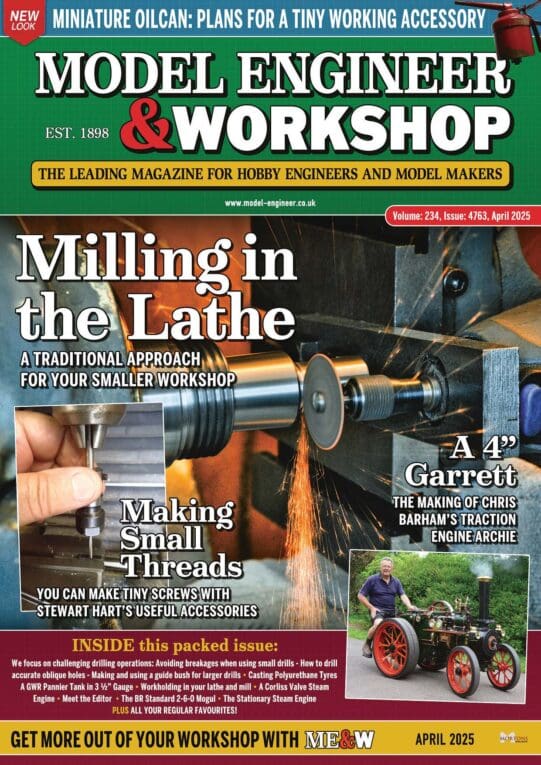Following a long phone call, The following may be helpful to those who want to make their own castings.
There are many pitfalls. The pattern,The metal ! The sand ! The Mold ! The temperature ! The pour ! Just a few of them.
The pattern must be very smooth and have no undercuts, so it can be removed from the sand.
The metal, ideally in small pieces and of a known type. The mixing of your own alloys is something for when you have mastered all the other tricks. For brass whilst the loss of zinc will happen but will normally be of no significance PROVIDED temperature control is observed. Molten metals will absorb gasses, steps should be taken to avoid this. When heating the metal this should be done as fast as possible upto pouring temp, NEVER let it stew.
The sand needs to be fine enough to hold the shape, and if bound by moisture, the moisture content whilst molding is critical. Too dry it will fail to hold the shape too wet, it will stick to the pattern, and cause huge heat loss + steam that may destroy the mold. Take a handfull of sand, squeeze it hard and open your hand, if it all falls apart it's too dry, if it sticks to your hand, Too wet ! If you can handle it and it breaks clean it's good. Keeping the sand in a plastic drum will keep the sand moist, and after use a small amount of water added and it will be ready for next time.
The mold should be a mirror image of what you want to make.Liberal use of parting powder will stop sand sticking to the pattern or it's self. Once made, the mold be left to dry out without causing trouble. If the mold is closed then cover any runners or risers with a piece of cardboard to prevent rubbish falling in..The gating will depend on the shape and size of the job, but must be big enough to convey the metal to where it needs to be, but nolonger than needed.
One thing that is often overlooked is temperature control or measuring. For all the non ferrous metals this is easy ! A K type thermocouple, 3mm dia, inconel sheath, 500mm long, RS 219-4488, about £21. With a hand held readout. Aluminium about 700*C, Brass 1000 to NEVER more than 1050*C, bronze upto 1150*C Too cold and it may solidify in the runner or gating ! Too hot and the metal may loose it's nature, but WILL absorb gasses, more trouble ! To help control this, copper alloys use crushed charcoal. Ally, borax, de gasser and grain refiner.
The pour. Even quite small mold will generate a high metalostatic force (lift) that will part the 2 or more parts of the mold allowing the metal to runout ! Place bricks or heavy metal items on the mold to hold it together. Never stop pouring until the mold is full, better to spill some !
May be Luke R will add further to this ? Noel.
Edited By noel shelley on 18/03/2021 15:21:27
Luker.


![20210318_162314[1].jpg 20210318_162314[1].jpg](/wp-content/uploads/sites/4/images/member_albums/195525/890924.jpg)


